If you’re curious about whether brushing your teeth with toothpaste can break your fast, you’ve come to the right place. Let’s jump into the details and find out what you need to know.
Key Takeaways:
- Toothpaste generally does not break a fast, as it usually does not contain significant amounts of sugar or carbs that could interfere with fasting.
- The small amounts of sweeteners found in toothpaste are unlikely to have a noticeable impact on a fast unless consumed in large quantities.
- Avoid swallowing toothpaste while fasting to prevent any potential impact on blood sugar or insulin levels.
- Maintaining good oral hygiene, including brushing and flossing, is important during fasting to prevent bad breath and dental decay.
- Using fluoride-free toothpaste or brushing with only water can be an alternative for those concerned about the potential impact of toothpaste on fasting.
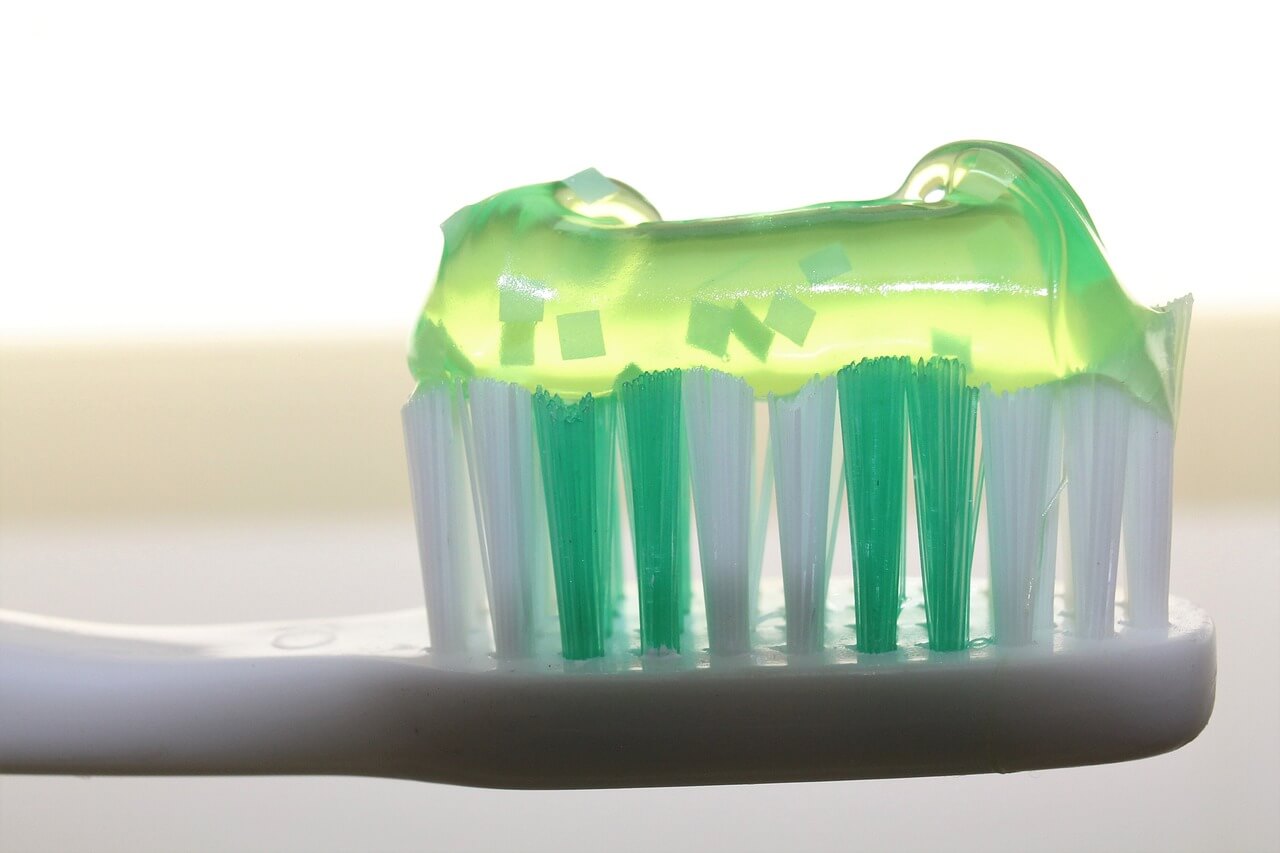
Understanding the Effects of Toothpaste during Fasting
Understanding the potential effects of toothpaste on your fasting routine is crucial for maintaining your fasting goals. Let’s examine the impact of fluoride and artificial sweeteners on your fast.
When it comes to fasting, the concern with toothpaste lies in its ingredients. Many toothpaste brands contain fluoride, a mineral that helps prevent tooth decay. While fluoride is generally safe to use, there is some debate about its potential impact on fasting. According to a study published in the journal “Advances in Nutrition,” consuming small amounts of fluoride during fasting does not significantly affect blood sugar or insulin levels. However, it is still recommended to avoid swallowing toothpaste to minimize any potential impact on your fasting goals.
Another ingredient commonly found in toothpaste is artificial sweeteners. These sweeteners, such as saccharin or sorbitol, are used to enhance the taste of toothpaste without adding significant calories. While artificial sweeteners do have minimal impact on blood sugar levels, the amount typically contained in toothpaste is unlikely to break your fast. However, if you have concerns, there are fluoride-free toothpaste options available that do not contain artificial sweeteners.
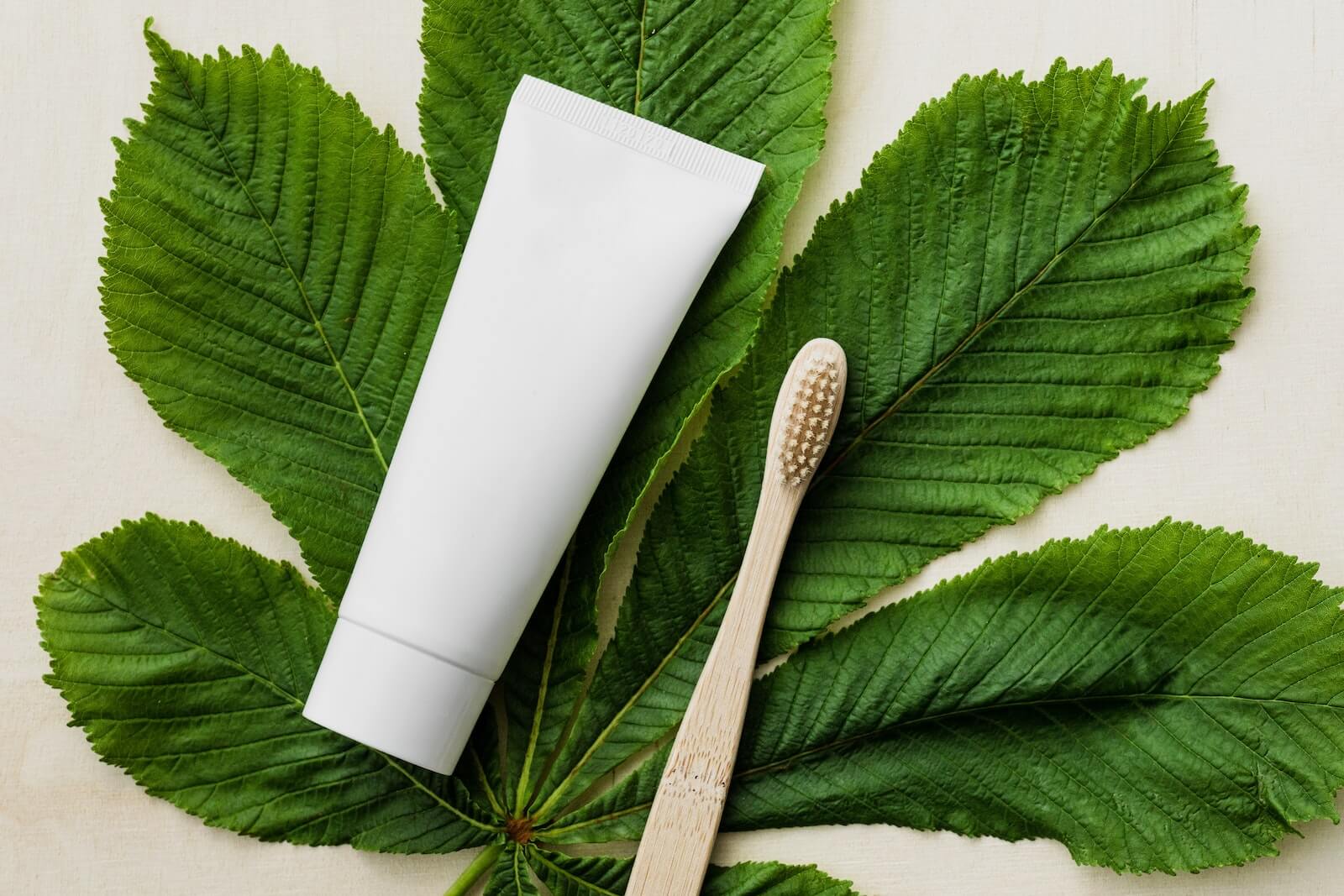
Summing it up, toothpaste generally does not break a fast, as it does not typically contain significant amounts of sugar or carbs that could interfere with fasting. The small amounts of sweeteners found in toothpaste are unlikely to have a noticeable impact on a fast unless consumed in large quantities. It is important to avoid swallowing toothpaste while fasting to prevent any potential impact on blood sugar or insulin levels. Maintaining good oral hygiene, including brushing and flossing, is important during fasting to prevent bad breath and dental decay. Using fluoride-free toothpaste or brushing with only water can be an alternative for those concerned about the potential impact of toothpaste on fasting. Flossing, using mouthwash, and chewing sugar-free gum with xylitol can also help maintain oral hygiene during fasting.
| Ingredient | Potential Impact on Fasting |
|---|---|
| Fluoride | Unlikely to affect blood sugar or insulin levels when used in recommended amounts. Avoid swallowing toothpaste while fasting. |
| Artificial sweeteners | Small amounts in toothpaste are unlikely to break a fast. Opt for fluoride-free toothpaste if concerned about artificial sweeteners. |
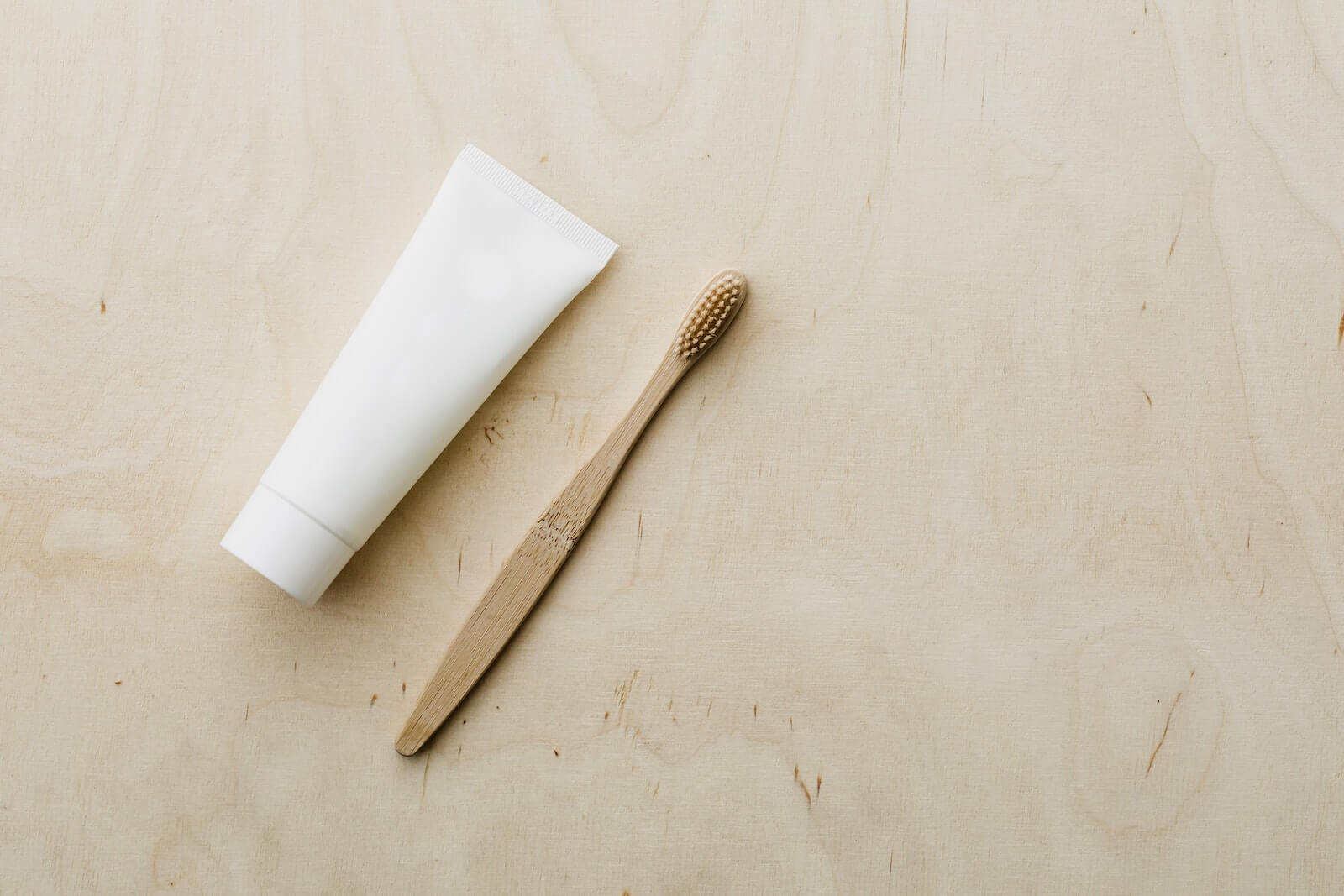
Importance of Oral Hygiene during Fasting
Don’t let your fasting period compromise your oral health. Discover why maintaining good oral hygiene is crucial during your fasting journey and how it can prevent bad breath and dental issues.
During fasting, your body undergoes a state of reduced saliva flow, which can lead to dry mouth and the development of bacteria. This can result in bad breath and an increased risk of dental decay and gum disease. However, by prioritizing oral hygiene, you can minimize these risks and maintain a healthy mouth.
Brushing your teeth with an appropriate toothpaste is an essential part of oral hygiene. Look for brands of toothpaste that are specifically formulated for fasting, as they are often free from sugars and other ingredients that could potentially interfere with your fast. Fluoride-free toothpaste may also be a suitable alternative for those who prefer to avoid fluoride during fasting.
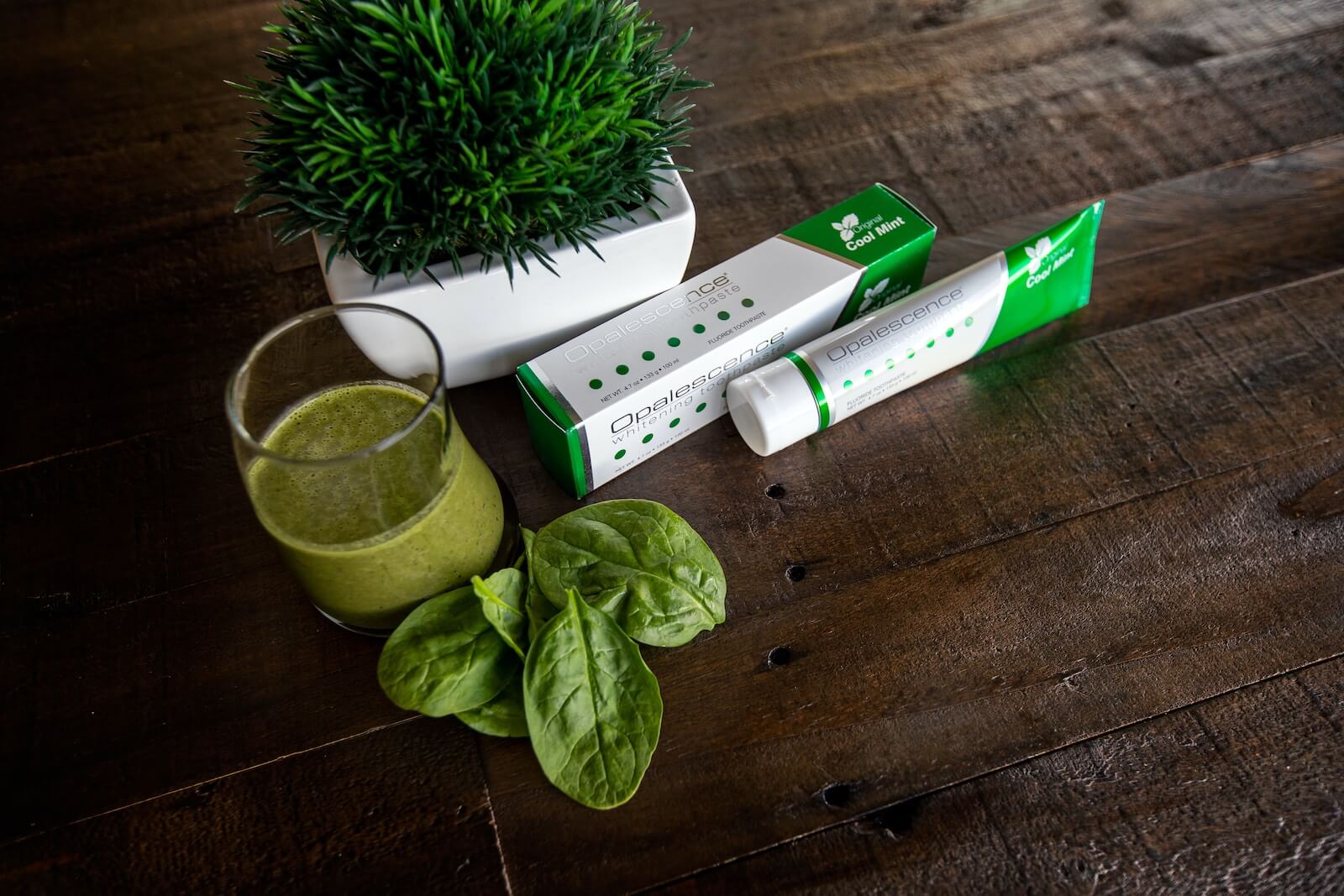
In addition to brushing, flossing plays a crucial role in maintaining oral health. Flossing helps remove plaque and food particles from between your teeth, reducing the risk of cavities and gum disease. Consider incorporating flossing into your daily routine, especially during your fasting window.
| Benefits of Maintaining Oral Hygiene During Fasting: |
|---|
| Prevents bad breath |
| Reduces the risk of dental decay |
| Minimizes the development of gum disease |
Recommended Oral Hygiene Practices:
- Brush your teeth with a fasting-friendly toothpaste at least twice a day
- Floss daily to remove plaque and debris
- Use mouthwash to freshen your breath and kill bacteria
- Chew sugar-free gum with xylitol to stimulate saliva production and prevent dry mouth
Remember, maintaining good oral hygiene is not only beneficial for your fasting journey but also for your overall oral health. Take care of your teeth and gums, and enjoy the rewards of a healthy and confident smile!
Alternatives to Traditional Toothpaste while Fasting
If you’re concerned about the potential impact of toothpaste on your fast, there are alternative options available. Let’s explore fluoride-free toothpaste, brushing with water, and other natural substances you can use for oral hygiene during fasting.
Fluoride-free toothpaste is a popular choice for those following a fasting regimen. It eliminates the worry of ingesting fluoride, which is commonly found in traditional toothpaste. Look for brands that are specifically labeled as “fluoride-free” to ensure you’re making the right choice for your fasting goals.
Another alternative is brushing your teeth with just water. This simple but effective method can help remove plaque and freshen your breath without the use of toothpaste. While it may not provide the same minty freshness, it can still contribute to maintaining oral hygiene during fasting.
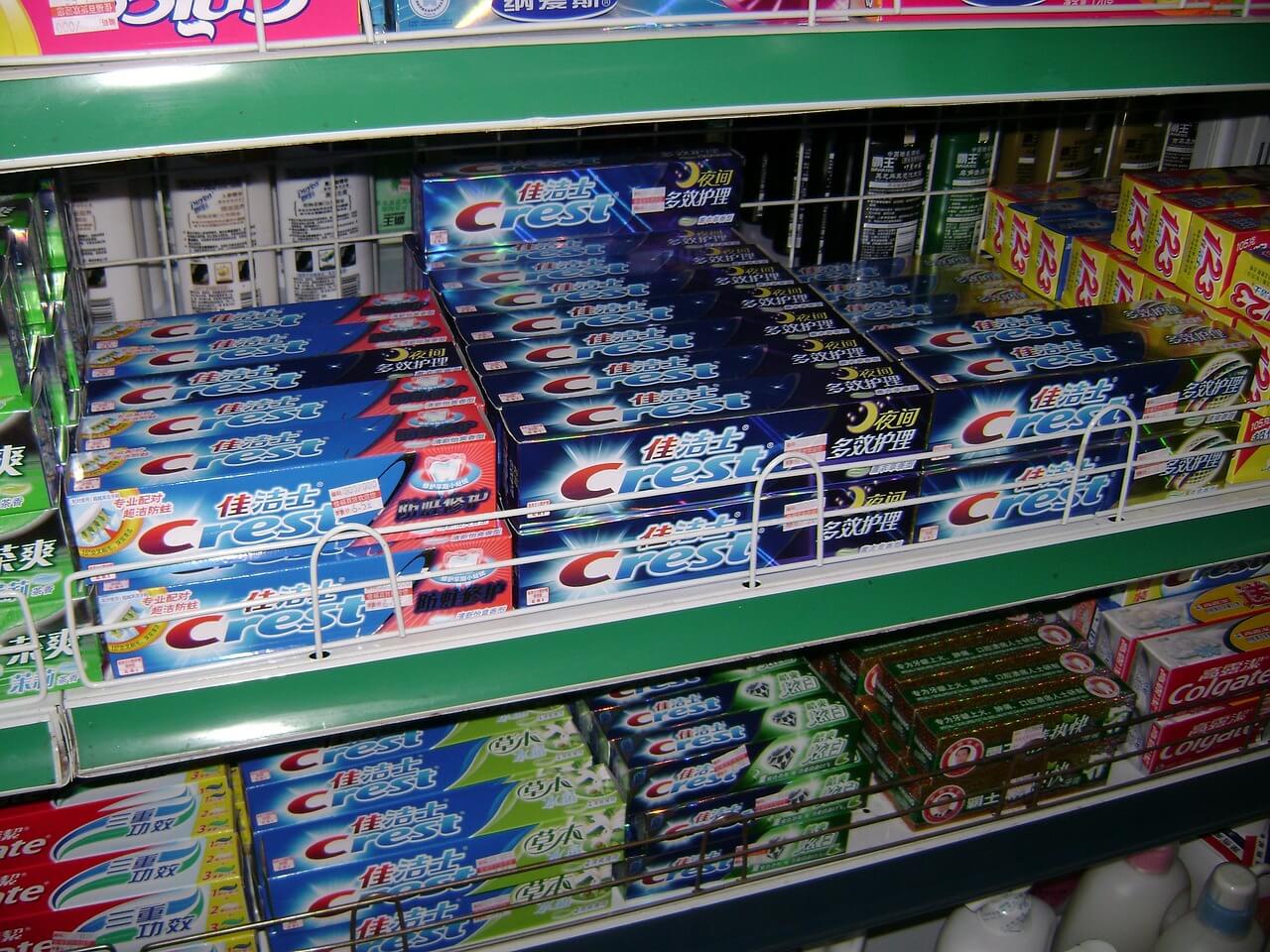
If you prefer a more natural approach, you can consider using substances like coconut oil or baking soda for brushing your teeth. Coconut oil has antimicrobial properties that can help fight bacteria in the mouth, while baking soda acts as a mild abrasive to remove stains and plaque. Simply apply a small amount of coconut oil or baking soda to your toothbrush and brush as usual.
| Alternative | Description |
|---|---|
| Fluoride-free toothpaste | Eliminates the worry of ingesting fluoride, a common ingredient in traditional toothpaste. |
| Brushing with water | A simple but effective method that removes plaque and freshens breath without the use of toothpaste. |
| Coconut oil | Has antimicrobial properties that help fight bacteria in the mouth. |
| Baking soda | Acts as a mild abrasive to remove stains and plaque. |
Remember, maintaining proper oral hygiene during fasting is important to prevent bad breath and dental decay. Whether you choose fluoride-free toothpaste, brushing with water, or experimenting with natural substances like coconut oil or baking soda, find a method that works best for you and supports your fasting goals.
The Importance of Avoiding Swallowing Toothpaste
When it comes to brushing your teeth during fasting, one crucial rule is to avoid swallowing toothpaste. Let’s dive into why this is important and how it can affect your fasting goals.
During fasting, the primary goal is to keep your blood sugar and insulin levels low to promote fat burning and metabolic benefits. Swallowing toothpaste, especially if it contains sweeteners or other ingredients that can impact blood sugar levels, can disrupt this delicate balance. While toothpaste generally does not contain significant amounts of sugar or carbs, it’s still essential to be cautious.
Ingesting sweeteners found in toothpaste, even in small amounts, can potentially stimulate an insulin response and raise blood glucose levels. This can interrupt your fasting period and hinder the desired metabolic effects. To prevent any unwanted impact on your fasting goals, make sure to thoroughly rinse your mouth and avoid swallowing any toothpaste residue.
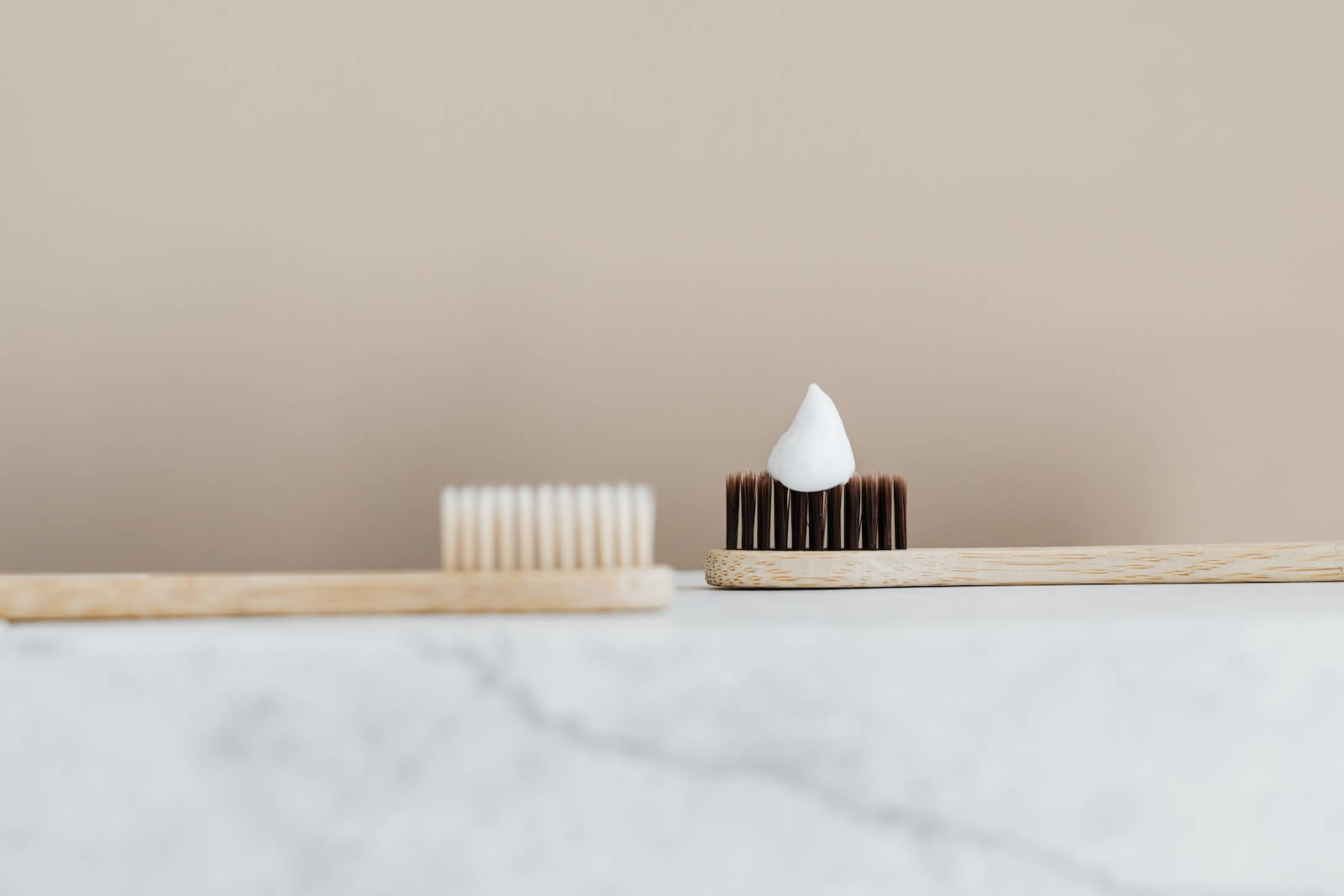
To maintain good oral hygiene during fasting, opt for alternatives to traditional toothpaste. Consider using fluoride-free toothpaste or brushing with just water. These alternatives can help ensure that you’re not consuming any substances that may interfere with your fasting regimen.
Additionally, practicing other oral hygiene habits like flossing, using mouthwash, and chewing sugar-free gum with xylitol can further promote a fresh mouth and maintain oral health during fasting. These practices can help prevent bad breath, dental decay, and gum disease, ensuring that your fasting journey is both beneficial to your overall well-being and leaves you with a healthy smile.
Maintaining Dental Health during Fasting
Taking care of your dental health should remain a priority even during fasting, as neglecting it can lead to serious issues like cavities and gum disease. Let’s explore how fasting impacts dental health and what you can do to preserve it.
During fasting, your saliva production decreases, which can result in dry mouth. This lack of saliva can lead to an increased risk of dental issues such as tooth decay and gum disease. Additionally, fasting can cause an imbalance in oral pH levels, making your mouth more susceptible to acid-producing bacteria that can damage your teeth and gums.
To maintain your dental health while fasting, it is crucial to continue practicing good oral hygiene. Brushing your teeth at least twice a day with a fluoride toothpaste and a soft-bristled toothbrush is essential. Don’t forget to brush your tongue as well to remove bacteria and keep your breath fresh.
In addition to brushing, flossing once a day and using mouthwash can further enhance your oral hygiene routine. Flossing helps remove food particles and plaque from between your teeth, preventing cavities and gum inflammation. Using an alcohol-free mouthwash can also help kill bacteria and freshen your breath.
Recommended Dental Care Products for Fasting:
| Product | Benefits |
|---|---|
| Fluoride Toothpaste | Strengthens enamel and protects against cavities |
| Soft-Bristled Toothbrush | Gently cleans teeth without causing irritation |
| Floss | Removes plaque and food debris from between teeth |
| Alcohol-Free Mouthwash | Kills bacteria and freshens breath without drying the mouth |
Choosing toothpaste without saccharin or sorbitol can be beneficial for fasting, as these ingredients are sweeteners that may affect your insulin levels. Look for toothpaste brands that offer options free from these additives.
Lastly, chewing sugar-free gum with xylitol can also help stimulate saliva production, which aids in neutralizing acids and promoting dental health. Xylitol is a natural sweetener that doesn’t raise blood sugar levels, making it a suitable option for fasting.
By following these recommendations and maintaining good oral hygiene practices, you can preserve your dental health even during fasting periods. Remember, a healthy smile contributes to your overall well-being.
Brushing alone may not be enough to maintain optimal oral hygiene during fasting. Let’s discover the benefits of flossing, mouthwash, and sugar-free gum with xylitol for a comprehensive oral care routine.
Flossing is an essential practice that helps remove plaque and food particles from between your teeth, where a toothbrush cannot reach. It helps prevent gum disease and cavities, ensuring that your teeth and gums stay healthy. Make sure to floss gently and thoroughly, using a clean section of floss for each tooth.
Mouthwash can be an effective addition to your oral care routine, as it helps kill bacteria, freshens your breath, and reaches areas that may have been missed by brushing and flossing. Look for an alcohol-free mouthwash to avoid drying out your mouth during fasting.
Sugar-free gum with xylitol can be a convenient way to maintain oral hygiene while fasting. Chewing gum stimulates saliva production, which helps wash away bacteria and neutralize acids in your mouth. Xylitol, a natural sweetener found in some sugar-free gums, can also help prevent tooth decay. Remember to choose a gum that is free from sugar and artificial sweeteners.
By incorporating these practices into your fasting routine, you can ensure that your oral health remains in top shape. Remember, maintaining good oral hygiene is important not only for your dental health but also for your overall well-being. Let’s prioritize our oral hygiene during fasting and achieve a healthy and fresh smile!
| Practices for Oral Hygiene during Fasting | Benefits |
|---|---|
| Flossing | – Removes plaque and food particles – Prevents gum disease and cavities – Reaches areas between teeth |
| Mouthwash | – Kills bacteria – Freshens breath – Reaches areas missed by brushing and flossing |
| Sugar-free gum with xylitol | – Stimulates saliva production – Washes away bacteria – Neutralizes acids – Helps prevent tooth decay |
Remember, maintaining good oral hygiene is important not only for your dental health but also for your overall well-being.
The Impact of Toothpaste on Fasting Goals
Let’s address the common concerns surrounding brushing your teeth while fasting and how it may impact your fasting goals, including morning breath and potential effects on insulin levels. Toothpaste generally does not break a fast, as it does not typically contain significant amounts of sugar or carbs that could interfere with fasting. The small amounts of sweeteners found in toothpaste are unlikely to have a noticeable impact on a fast unless consumed in large quantities.
However, it is important to avoid swallowing toothpaste while fasting to prevent any potential impact on blood sugar or insulin levels. Swallowing toothpaste can introduce small amounts of sugar or artificial sweeteners into your system, which may disrupt your fasting window.
Maintaining good oral hygiene, including brushing and flossing, is important during fasting to prevent bad breath and dental decay. If you are concerned about the potential impact of toothpaste on fasting, there are alternative options you can consider. Using fluoride-free toothpaste or brushing with only water can help alleviate any concerns you may have about the ingredients in regular toothpaste affecting your fasting goals.
In addition to brushing with alternative toothpaste options, other practices can contribute to maintaining oral hygiene during fasting. Flossing regularly helps remove plaque and food particles, reducing the risk of dental decay and gum disease. Using a mouthwash can freshen your breath and kill bacteria in your mouth. Chewing sugar-free gum with xylitol can also stimulate saliva production, which helps wash away bacteria and reduce the risk of tooth decay.
By prioritizing oral hygiene during your fasting window, you can maintain fresh breath and keep your teeth and gums healthy. Remember, it’s essential to consult with your dentist or healthcare provider for personalized advice on maintaining oral health during fasting.
| Toothpaste Brands Suitable for Fasting | Fluoride-Free Options |
|---|---|
| Brand A | Fluoride-Free Brand X |
| Brand B | Fluoride-Free Brand Y |
| Brand C | Fluoride-Free Brand Z |
Conclusion
After examining the facts, it is clear that toothpaste generally does not break a fast. Maintaining good oral hygiene, including brushing and flossing, is essential during fasting to prevent dental issues and bad breath.
Remember to avoid swallowing toothpaste and consider alternative options if you have concerns. With these practices in mind, you can confidently brush your teeth while fasting and achieve your fasting goals.
FAQ
Q: Does using toothpaste break a fast?
A: Toothpaste generally does not break a fast, as it does not typically contain significant amounts of sugar or carbs that could interfere with fasting. The small amounts of sweeteners found in toothpaste are unlikely to have a noticeable impact on a fast unless consumed in large quantities.
Q: Should I avoid swallowing toothpaste while fasting?
A: Yes, it is important to avoid swallowing toothpaste while fasting to prevent any potential impact on blood sugar or insulin levels. Swallowing toothpaste in large amounts may disrupt your fasting period, so it’s best to spit it out after brushing.
Q: How can I maintain good oral hygiene during fasting?
A: It’s essential to maintain good oral hygiene during fasting to prevent bad breath and dental decay. Continue brushing your teeth and flossing as you normally would, making sure to clean all surfaces of your teeth and gums.
Q: Are there alternatives to traditional toothpaste for fasting?
A: Yes, if you’re concerned about the potential impact of toothpaste on fasting, you can use fluoride-free toothpaste or brush with just water. Alternatively, you can try natural substances like coconut oil or baking soda to clean your teeth.
Q: Why is it important to avoid swallowing toothpaste?
A: Swallowing toothpaste during fasting can potentially impact your blood sugar and insulin response, as well as your glucose levels. Additionally, swallowing acidic toothpaste can be harmful to your digestive system.
Q: How can I maintain dental health while fasting?
A: Proper oral care during fasting is crucial for maintaining dental health. Regular brushing, flossing, and using mouthwash can help prevent cavities, tooth decay, and gum disease.
